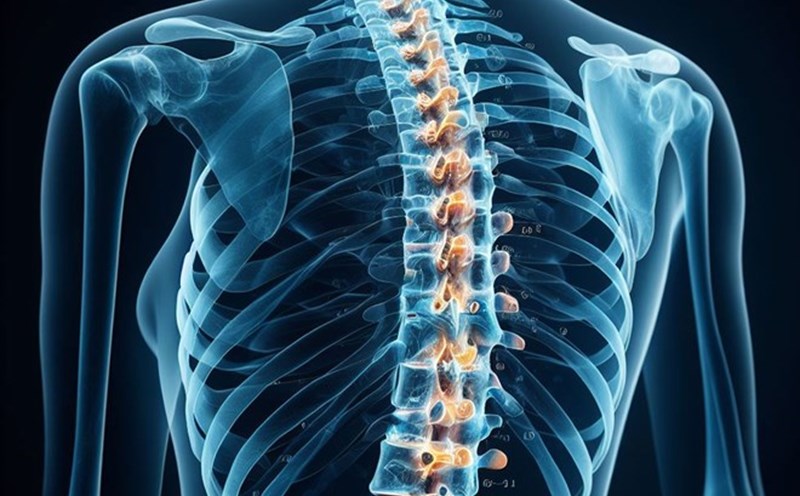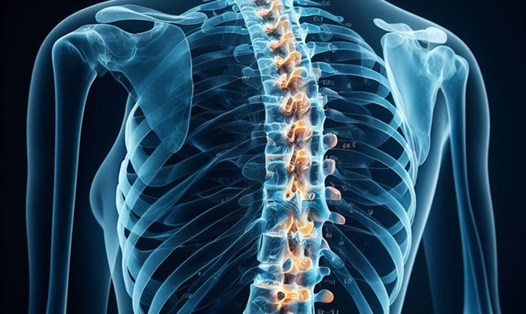Common causes of neck pain
According to Dr Saikat Jena, Consultant Orthopaedic Surgeon, Joint Replacement Surgeon and Sports Medicine Specialist, Wockhardt Hospital (India), neck pain can be a sign of various health problems and if not treated promptly, can lead to serious complications. Here are some of the main factors that you have listed that can cause neck pain:
Cervical Pain: Tension and inflammation in the cervical region can cause pain and stiffness in the neck, sometimes radiating down to the shoulders and arms.
Poor posture: Sitting or standing with poor posture for long periods of time (such as sitting with a computer screen too low or looking down at your phone) is a common cause of muscle tension and neck pain.
Muscle strain: Neck muscle strain caused by overuse, poor sleeping position, or stress can cause pain and discomfort.
Trauma: Accidental injuries, such as a strong impact to the neck (car accident or sports accident), can cause damage to the soft tissue or cervical vertebrae, leading to severe neck pain.
Spondylitis or arthritis: These conditions cause swelling, inflammation, and reduced mobility of the cervical spine, leading to neck stiffness and persistent pain.
Can neck pain lead to permanent spinal damage?
Dr. Saikat Jena says that if neck pain persists without treatment, it can cause serious problems such as:
Cervical spondylosis: When the discs and joints in the neck wear out or degenerate over time, they can lose their ability to absorb force and cause the vertebrae to rub against each other, causing persistent pain.
Herniated cervical disc: When a cervical disc is displaced or torn, it can compress the surrounding nerves, leading to severe pain and numbness, even affecting the ability to move the arms and legs.
Bone spurs: Lack of flexibility and movement of the cervical spine can lead to the formation of bone spurs (osteophytes), which limit movement and cause pain.
Nerve compression: Changes in the structure of the cervical spine, such as degeneration or herniated discs, can put pressure on the nerves in the neck, causing symptoms such as numbness, muscle weakness, and pain radiating down the shoulder and arm.
So, if you experience persistent neck pain or unusual symptoms, it is important to see a doctor and start treatment early. This will not only help relieve pain but also prevent serious spinal problems in the future.
Effective Treatment Options for Neck Pain
If you have neck pain, it is important to consult your doctor to determine the cause and choose the right treatment, says Dr. Saikat Jena. Treatment options may include:
Physical therapy: Helps restore function and relieve pain through specialized exercises.
Pain relievers: Nonsteroidal anti-inflammatory drugs (NSAIDs) to reduce pain and inflammation.
Hot or cold compresses: Help reduce inflammation and relax muscles.
Stretch and improve posture: Increase flexibility and relieve tension in neck muscles.
Ergonomics: Use proper work and rest settings to protect the cervical spine.
Additionally, maintaining proper posture at work and in daily life is important to reduce stress and prevent long-term damage to the cervical spine.











